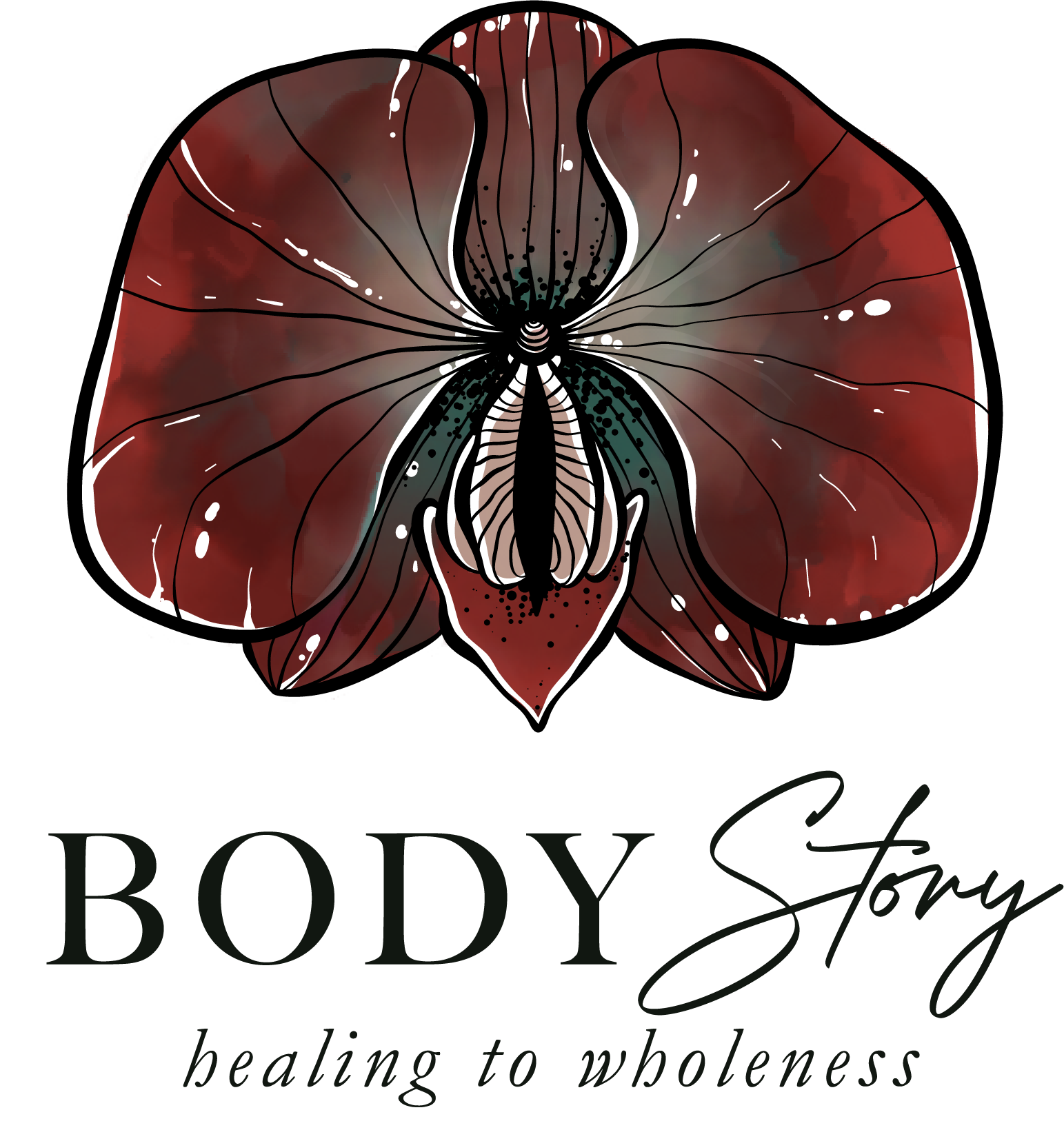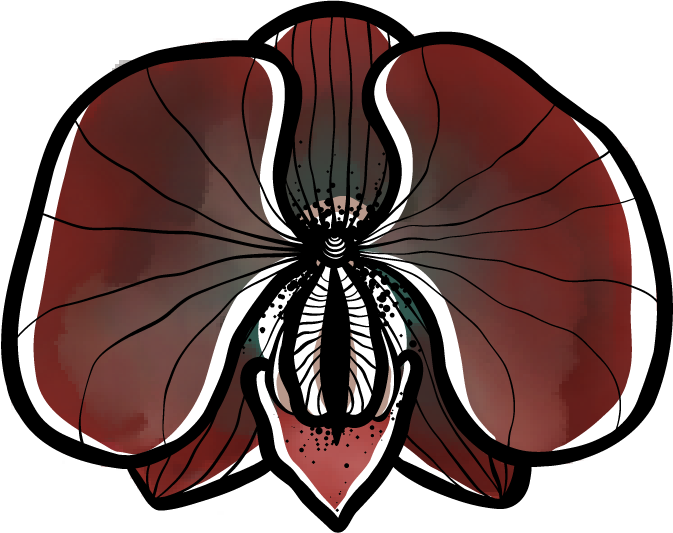I am destined to be a disrupter.
If you’re looking for a good girl who follows all the rules that many Ayurveda teachers offer as the path to health, you won’t find her here. I’ve got a rebellious heart, an experimentalist mentality, and a pen that is constantly redrawing the map.
In that vein, my aim today is to break down the jail walls of health and wellness that are so often defined by shoulds and should nots. My accomplice? The best teacher of Ayurveda I have ever known – intuition.
Intuitive Ayurveda
I didn’t learn Ayurveda in an intuitive way. In fact, most teachers taught me through the highly unintuitive act of memorization. Here are the foods, here are their qualities, and here are the appropriate things to do at each point in the day. Thinking that much about every bite and every minute worked for a time, until a vacation, a meal someone else cooked, or a desire for a bit of indulgence entered.
And when it stopped working, I felt shame and guilt take the place of any bit of vitality that was once there.
Always Changing
Ayurveda, at its core, is a study of self and nature. Both of these are constantly in a state of fluctuation (in fact, one of the Sanskrit words for body is sharira, meaning that which is always changing). Given this, studying Ayurveda requires a sort of disciplined flexibility, a ship that can only be steered by the intuition. The strict process of memorization, ironically, is the opposite of the fluid nature that defines Ayurveda.
This intuitive practice of Ayurveda doesn’t mean we toss out all structure – structure can be a good friend of the intuition because knowing what to expect quiets the loud voice of the mind that often drowns out intuition. However, the key is in how firmly you plant your foundation. Any tree will tell you that if you grow too straight, a strong wind will knock you right over.
Playground
An intuitive approach to Ayurveda asks us to build a flexible structure, but to be playful within it. Make a house strong enough to protect you, but big enough to dance in.
I can’t tell you exactly how to build your structure, but I can offer three points of inquiry to guide you to open an intuitive relationship with Ayurveda.
Here’s a playlist, more or less in order:
- What’s happening inside my body?
- What’s happening outside my body?
- How do I want to live?
Let’s break these down.
1. What’s Happening Inside Your Body?
A strange (and decidedly unintuitive) way that Ayurveda is commonly taught in the West is through universal advice about how to eat and live. But if it’s a given in Ayurveda that each of us has a unique constitutional makeup and a unique set of life factors that have either worked in favor of or against that makeup (what’s known as prakruti/one’s nature, and vikruti/one’s current state of imbalance), universal advice is nearly impossible to find.
Except this: listen to your body.
At its core, Ayurveda asks us to attune our ears to the voice of our inner guidance, the best and only guidance to follow.
This wise inner voice holds the answers to questions about eating meat, drinking dairy, or the amount of grain you need. This will be based on your starting line, no one else’s. That’s right – while good teachers and practitioners can guide you, no one can tell you definitively what’s right for your body.
But listening to what you want is tricky. Many cravings can come from the less-than-wise guiding voices. How to know the right voice to follow? Use an intuitive food diary for three weeks.
(This diary is part of my soon-to-be-birthed course on Intuitive Ayurveda. This freebie is yours to play with until then).
2. What’s Happening Outside Your Body?
We can’t help but be influenced by the world around us. Even if we are encased in climate-controlled walls, nature will slip in through the cracks. Your body’s responses – in the form of hunger/satiation, desires for certain foods, and need for sleep – are not telling you that you’re doing something wrong, they are a reminder of your connection to the greater whole.
So expect the climate where you live or travel to affect your body. Expect that your body will change as the seasons shift – dryness in early winter, dampness in spring, heat in summer. And expect that your body’s responses will reflect what’s the unique experience of your body (see #1).
When you expect things to shift, you can work with the changes intuitively, to notice how your body is uniquely affected by a wet or dry climate, by the transition of the seasons, or by changes in world or local events.
Rather than trying to remain static in an environment of constant change, let everything be an opportunity to study your body.
3. How Do You Want to Live?
Remember this: the teachings of Ayurveda are meant to serve you, not the other way around.
The first time people learn about all the possible Ayurvedic practices, they often become overwhelmed with all they are supposed to do in the name of health. But what if everything outlined in the texts points to an ideal? What if it is a list of options rather than a doctrine of exactly what to do?
Your intuition follows the language of your desires, which are often unseen. Your body experiences a desire, you intuitively reach for something. Resistance comes when we deny the inner guidance on how we really want to live and try to follow someone else’s ideas.
So listen – your desires tell you what will bring the most fulfilling life. They also tell you which practices to bring in and when to apply them.
For instance, if you desire to be an engaged parent, you won’t be able to do all parts of the perfect morning routine. If you desire a career with a nontraditional schedule, you’ll have to modify meal and sleep times accordingly. If you desire to eat lavishly at restaurants on occasion, you will have to give up the idea of perfect digestion all the time.
Allow Ayurveda to serve you, rather than trying to put it on a pedestal that will eventually topple.
An Intuitive Life
Intuitive Ayurveda aligns us to a process of self-discovery as the purpose of life. When we can see every response from our bodies as an opportunity to understand who we are and what we want, we can free ourselves from the chains of perfectionism that come from rigid lists and exacting routines.
The result of this kind of self-inquiry might result in a completely different relationship with Ayurveda than you’ve encountered before. It will be fed by your intuition and will grow your ability to intuit in all parts of your life.
It will be a text written by you, for you. And it will serve you better than anything you can get from a bookstore.






